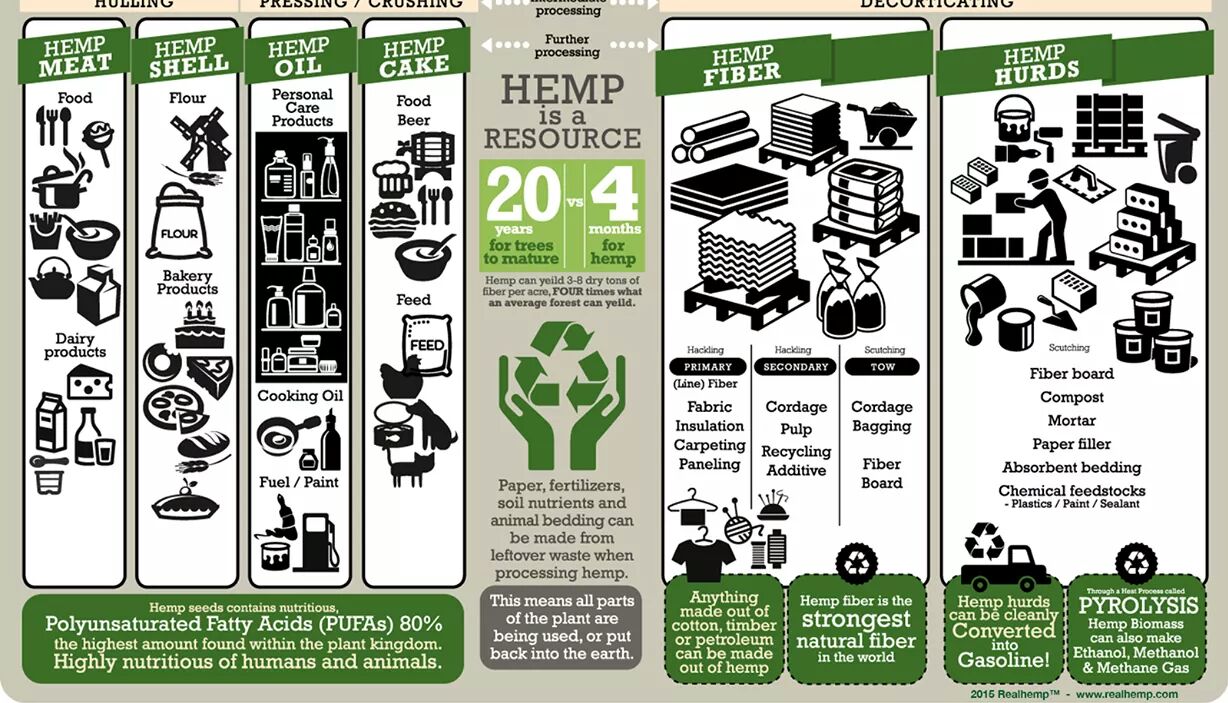
The hemp industry has long been plagued by a lack of transparency, making it difficult for consumers to determine the quality and origin of the products they purchase. However, with the advent of blockchain technology, this is beginning to change. Blockchain offers a secure and transparent way to track and verify the entire supply chain of hemp products, from seed to sale. In this article, we will explore how blockchain is boosting hemp transparency and transforming the industry.
How Blockchain Can Help Hemp Industry
The hemp industry faces many challenges, including a lack of transparency, regulatory uncertainty, and difficulty in establishing a consistent quality standard. Blockchain technology can help address these challenges by providing a tamper-proof record of every transaction along the supply chain. This creates a transparent and trustless system that allows consumers to see exactly where their products come from and how they were produced.
Advantages of Blockchain for Hemp Traceability
One of the key advantages of blockchain for hemp traceability is its ability to create an immutable record of every transaction. This means that once a transaction is recorded on the blockchain, it cannot be altered or deleted. As a result, every step of the supply chain can be verified, from the farm where the hemp was grown to the processing facility where it was turned into a finished product.
How Blockchain Can Ensure Hemp Quality
Another advantage of blockchain for the hemp industry is its ability to ensure product quality. By tracking every step of the supply chain, blockchain can verify that the hemp was grown and processed to a consistent quality standard. This helps to build trust between producers, processors, and consumers, and creates a more sustainable and profitable industry.
Importance of Transparency for Hemp Industry
Transparency is essential for building trust and confidence in the hemp industry. Consumers want to know where their products come from, how they were produced, and what standards were followed. By providing this information in a transparent and verifiable way, blockchain can help build a more sustainable and profitable industry.
Use Cases of Blockchain in Hemp Supply Chain
There are many use cases for blockchain in the hemp supply chain, including tracking the provenance of raw materials, verifying compliance with regulations, and ensuring consistent quality standards. Blockchain can also be used to create a more efficient and cost-effective supply chain, reducing waste and improving profitability.
Future of Hemp Industry with Blockchain Technology
The future of the hemp industry looks bright with the help of blockchain technology. As more producers, processors, and retailers adopt blockchain, we can expect to see a more transparent and efficient supply chain, with higher quality products and more satisfied customers. Blockchain has the potential to transform the hemp industry, making it more sustainable and profitable for all stakeholders.
In conclusion, blockchain is transforming the hemp industry by providing a secure and transparent way to track and verify every step of the supply chain. By boosting transparency and ensuring product quality, blockchain is helping to build a more sustainable and profitable industry. As the use of blockchain in the hemp industry becomes more widespread, we can expect to see a brighter future for this important and emerging industry.












